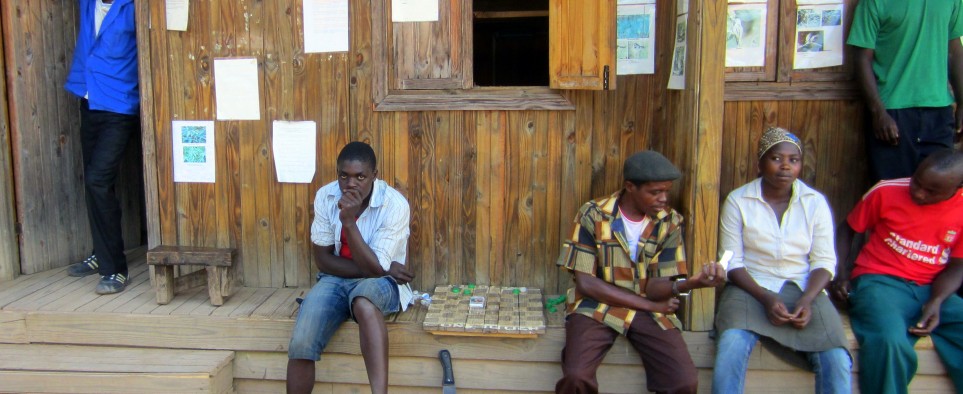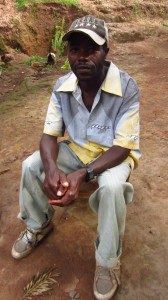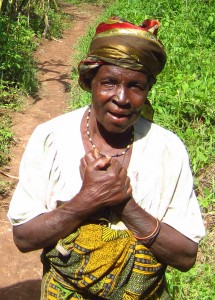We’ve been coming to Uchindile since 2009, watching the morphing relationship between Green Resources and local communities for five years. Green Resources is a Norway-based forestry company with major operations in Tanzania, where pine and eucalyptus are grown for carbon credits and harvested for sale as transmission poles, timber and pulp. Uchindile is one of the company’s flagship plantations.
The aim has always been to monitor change, and the hope has always been to witness improvement. The tricky thing with “improvement” in human rights, though, is that rights are distinct privileges and freedoms that work together in complex ways, and improving conditions to support one right (say, the right to food) does not automatically result in improvements in another right (say, the right to health).
At Uchindile, we’ve found that many of the human rights risks we identified in 2009 are remedied in one location but relocated to another. At Uchindile workers sleep one-to-a-bed. At Kitete II, 12 men are stuffed into each room, sharing grimy mattresses with at least one other person. Some of the remedies instituted by the company (supplying two meals to workers per day and regular transport to work sites, to respect the right to food and favorable working conditions) are only instituted for part of the year. Dennis walks 10 km each way to the fields every day (on rain-slick mud, in the dark) to avoid sleeping there.
Beyond the partial-remedies which need to be monitored, new rights risks are also arising. As forestry acreage increases, land stresses have developed in local villages. At one community, eight land disputes are now running between longtime residents and new arrivals over who holds the right to use lands. In another, the massive expansion of forestry (both by Green Resources and new copy-cat businesses) has pressed wild animals closer to village crops, resulting in major crop losses.
Bibi Zanadoya, pictured here, offered a tour of cornfields destroyed by pigs. She will only have three months of food for this year – for the rest of the year she will be working as a day laborer for cash.
HRIA cannot end after an initial assessment, because impacts morph as projects grow and develop. A one-off assessment would not have identified risks posed to Bibi Zanadoya’s right to food, health and an adequate standard of living, nor would it have recognized that in addressing Human Rights impacts at one plantation dormitory Green Resources would replicate the problems in new dormitories.




